How To Buy Tan Goat Hides From Kenya – Step-by-Step Guide
How To Buy Tan Goat Hides From Kenya – Step-by-Step Guide
Thinking about buying tan goat hides from Kenya for your home or business? Goat hide can be used to make a variety of products, including clothing, accessories, rugs, and home decor items. With the right preparation, you can buy tan goat hides cost-effectively and ethically from Kenya. This article will walk you through the steps involved in this process. We’ll cover topics including what kind of tan goat hides you can get from Kenya, how much they cost, how to find a reliable supplier, and how to make sure your purchase is ethical. Keep reading to discover everything you need to know before buying tan goat hides from Kenya.
What Are Tan Goat Hides?
Goat hides can be tanned using a variety of methods, but the most common is chrome tanning. Chrome tanning uses chromium sulfate and other chemicals to alter the hide’s protein structure. This makes the hide durable, supple, and easy to dye. Chrome tanning is also known as “vegetable tanning,” as it is a purely plant-based process. While there are other types of “vegetable tanning,” such as bark tanning, only chrome tanning produces the rich, deep colors that are desirable in high-quality goat hides. Goat hides are a type of leather made from the skin of goats. They are a durable and versatile material that is used in a variety of products, including clothing, accessories, rugs, and home decor items.
How Much Do Tan Goat Hides Cost?
Goat hides are generally priced by the square foot, and the cost will vary based on the quality of the hide. Lower-quality hides (also known as “shorts”) come from the belly of the goat, and high-quality hides (known as “skinnies”) come from the back. The most common way to grade hides is by thickness, which is measured in A (thickest), B (thick), C (medium), and D (thin). Quality goatskin is more durable than sheepskin, but it’s also more expensive. You’ll generally pay $2–$5 per square foot for high-quality hides, while lower-quality hides may cost as little as $0.50 per square foot.
Finding A Reliable Tannery In Kenya
To start your search for a tannery in Kenya, you can either ask for recommendations from your friends or search online for tanneries in Kenya. Make sure any tannery you’re considering is fully licensed and meets all of the necessary environmental, health, and safety requirements. Once you’ve found a few potential tanneries, you can request samples of their work to get an idea of the quality of their hides. Most tanneries will be able to sell you a sample hide, although it may be more expensive than what you’d normally pay. Because the goat hide industry is unregulated in Kenya, it can be difficult to find a reputable tannery. This is why it’s important to do your research before deciding which tannery to buy from.
How To Make Sure Your Tan Goat Hides Are Ethical
Before you make a purchase, ask your tannery if they meet the RDS (responsible debt servicing) standards. RDS is an industry certification designed to support sustainable business practices in Kenya. If the tannery you’re buying from meets RDS standards, you can rest assured that your purchase is helping to fund sustainable development in Kenya. Furthermore, RDS-certified tanneries are audited for environmental and social compliance, so you can be confident that your purchase is ethical. Something else you should keep in mind when buying tan goat hides from Kenya is that the industry is heavily affected by seasonal variations. You might notice significant price variations from month to month, or even from week to week.
Summary
Goat hides are a versatile and durable type of leather, made from the skin of goats and commonly used to create clothing, accessories, rugs, and other home decor items. The most common way to grade hides is by thickness, which is measured in A (thickest), B (thick), C (medium), and D (thin). High-quality goat hides are priced between $2–$5 per square foot, while lower-quality hides cost as little as $0.50 per square foot. You can expect significant changes in price from month to month, or even from week to week, due to seasonal variations. To make sure your purchase is ethical, look for a tannery that meets RDS (responsible debt servicing) standards. Those that are RDS-certified are audited for environmental and social compliance and are supported by sustainable business practices in Kenya.


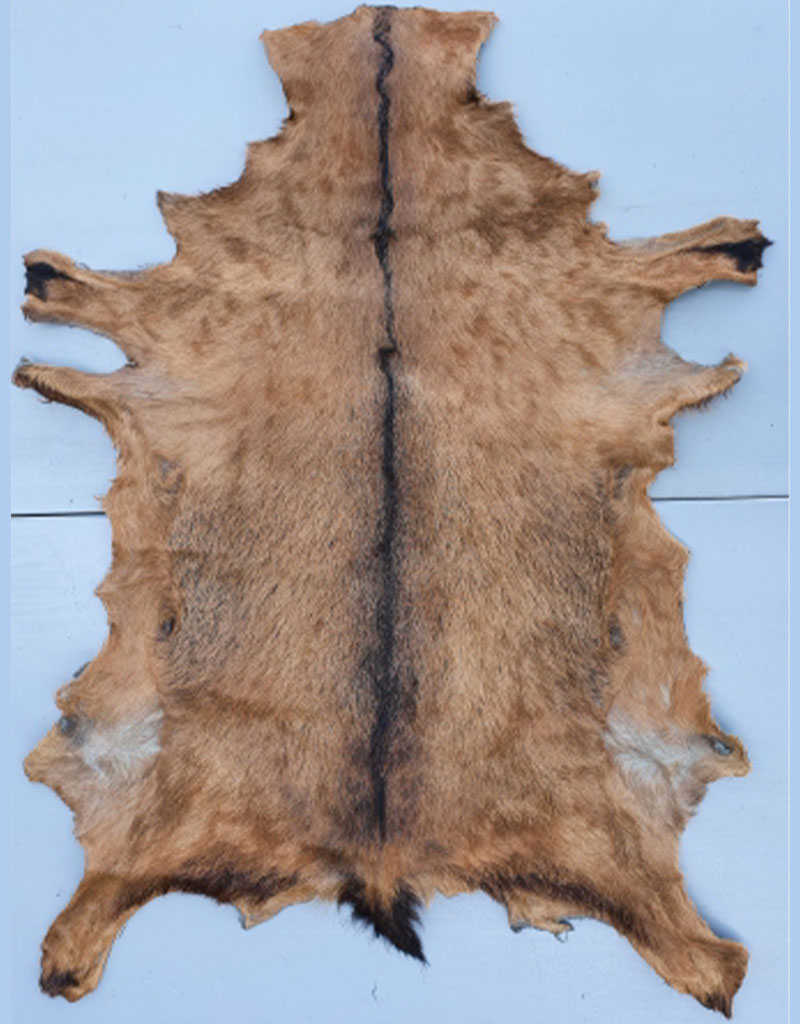
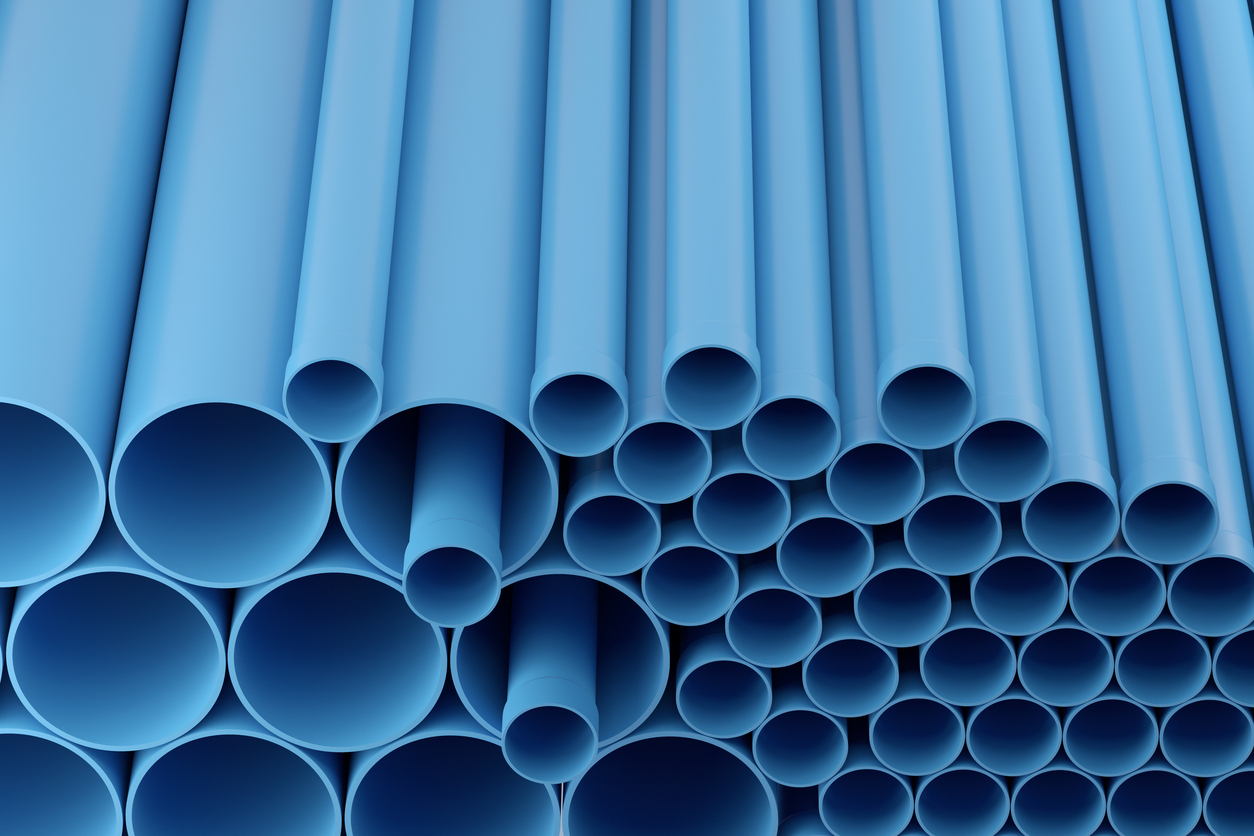
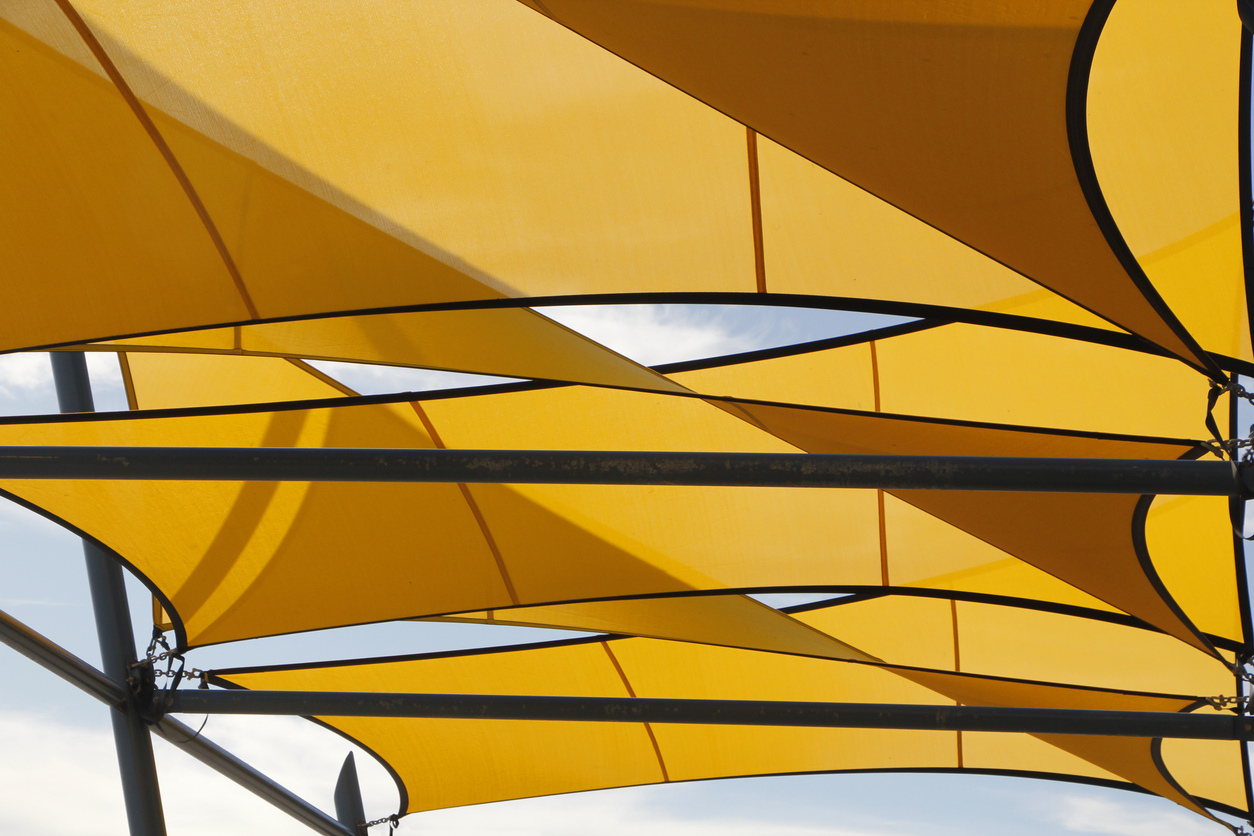
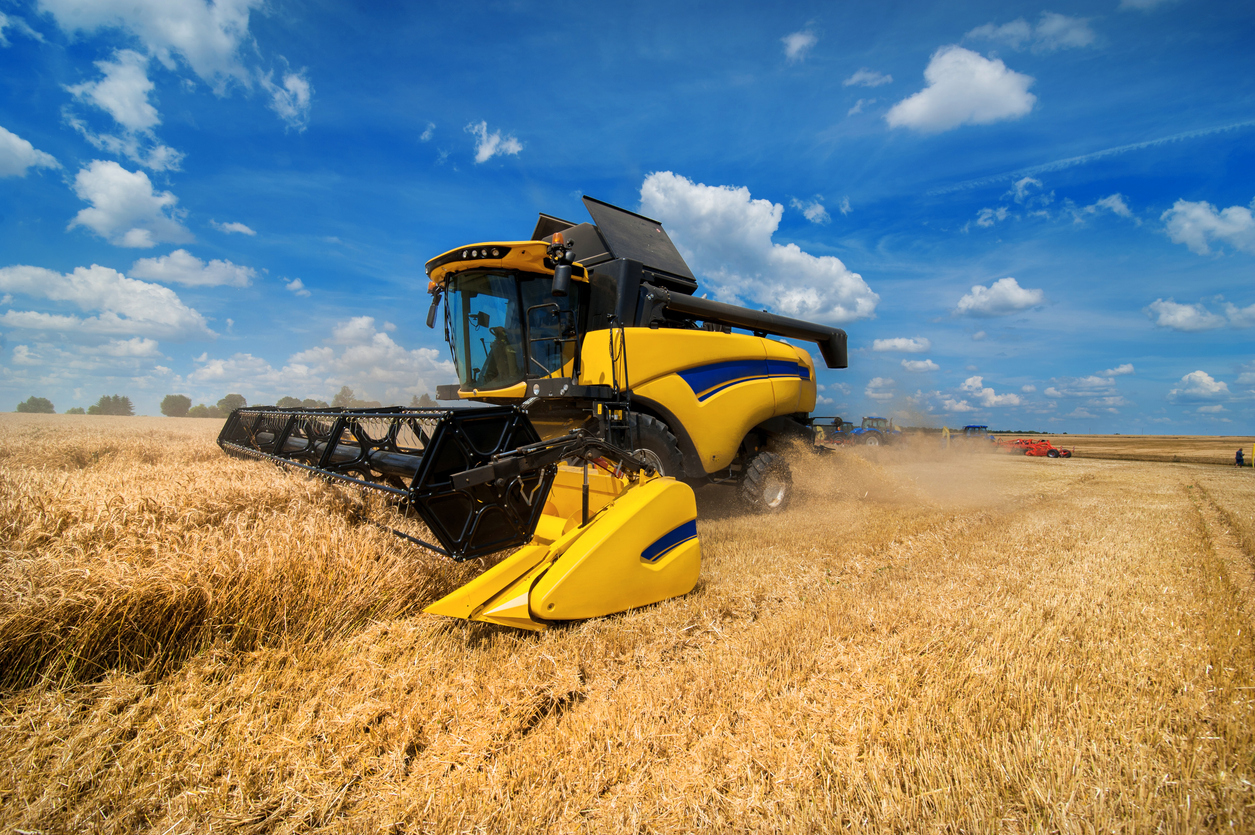
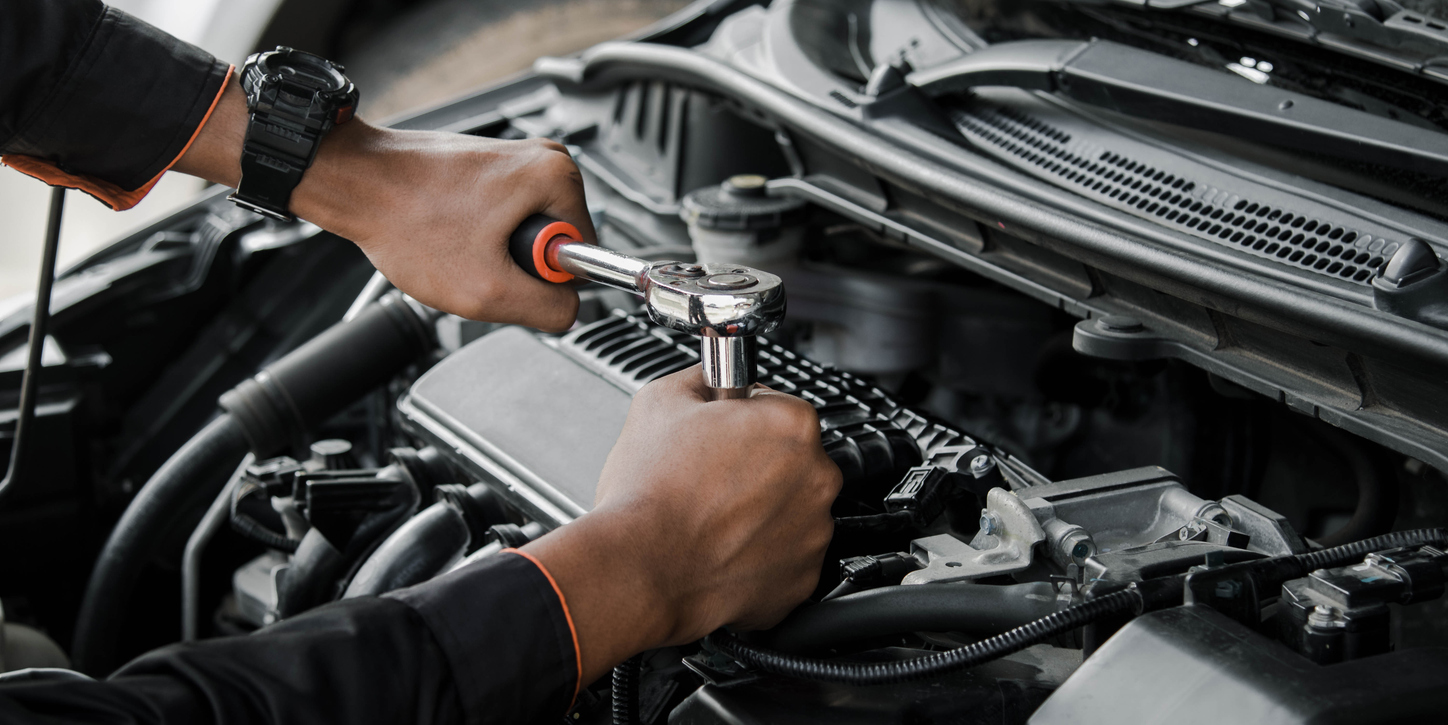
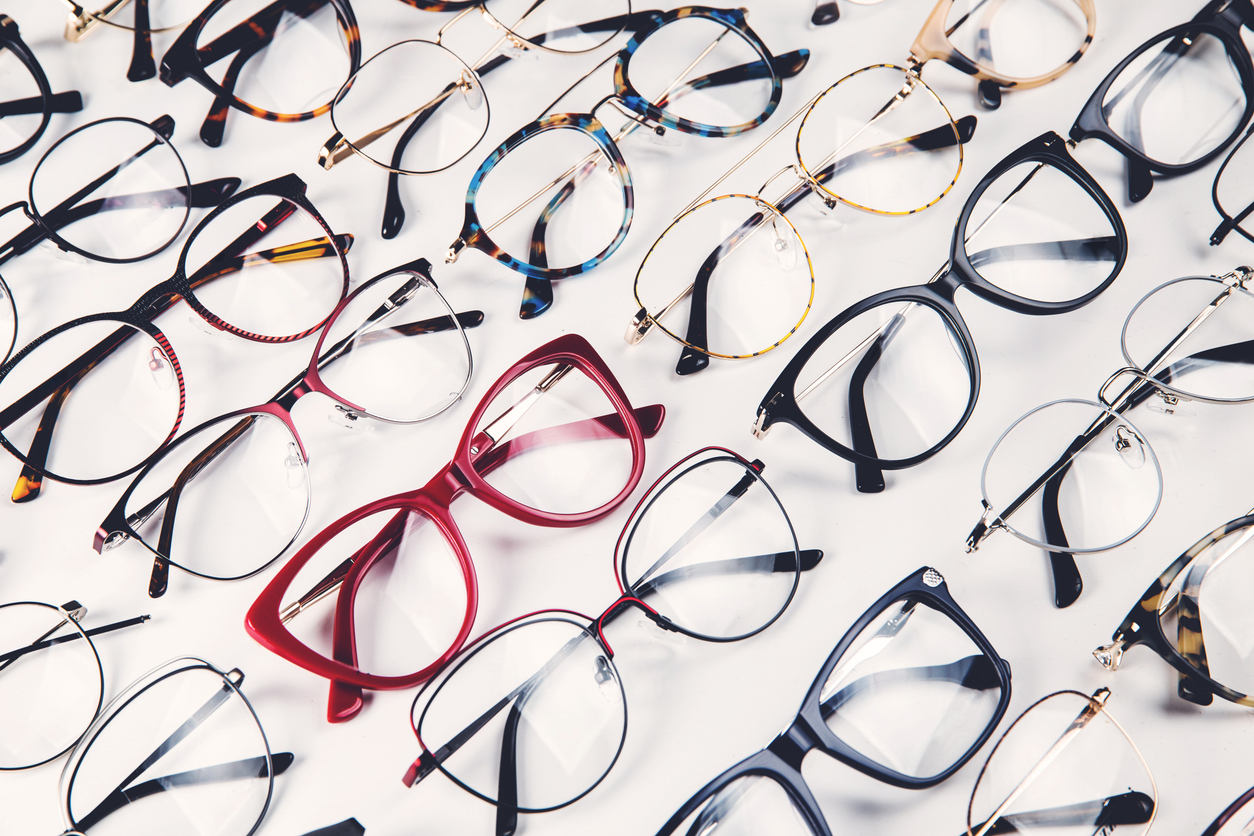
LEAVE A COMMENT
You must be logged in to post a comment.